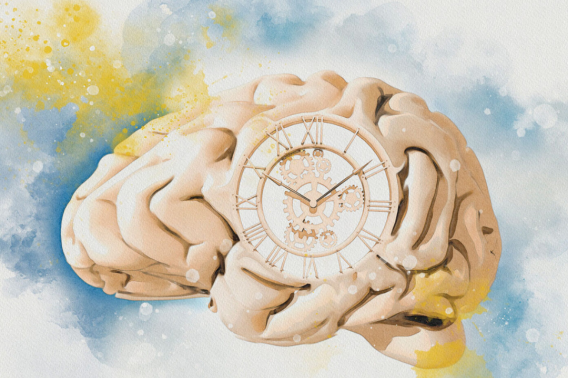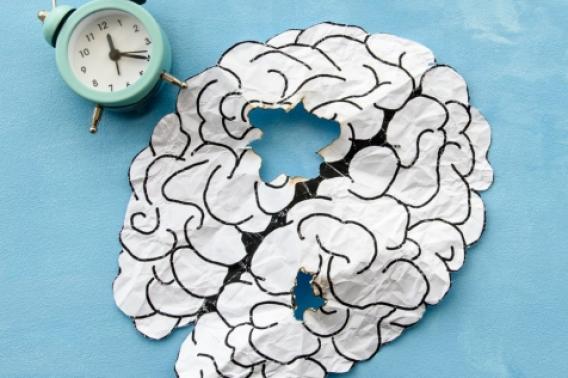Project Summary
Our Vision
Aging leads to a precipitous loss of cognitive faculties and it is the key risk factor for dementia and neurodegenerative diseases. Many new genetic factors causing neurodegeneration have now been identified but how they cause disease and how, even in these genetic forms, aging modulates disease is unknown. The Stanford Brain Rejuvenation Project is an initiative of the Stanford Neurosciences Institute by leading aging researchers, neuroscientists, chemists, and engineers to understand the basis of brain aging and rejuvenation and how they relate to neurodegeneration. The mission of the Project is to slow or reverse aging to maintain brain function and extend health span, to rejuvenate brains for the treatment of neurodegenerative and other neurological diseases, and to elucidate novel mechanisms of human neurodegenerative diseases to develop innovative therapeutic strategies based on this new concept of rejuvenation.
We have assembled a highly collaborative and multi-disciplinary team focused on harnessing a powerful new approach to discover, characterize, and utilize brain rejuvenation factors harbored in the blood to improve human health and to combat neurodegenerative diseases. Our team consists of a mix of junior and senior investigators from the schools of Medicine and Humanities and Sciences. Our team brings together a neurologist, geneticists, a chemist, stem cell biologists and neuroscientists all with distinct and complementary expertise and technologies.
Project Details
Program:
Funding Type:
Big Ideas in Neuroscience Award
Award Year:
2017
Lead Researcher(s):
Team Members:


